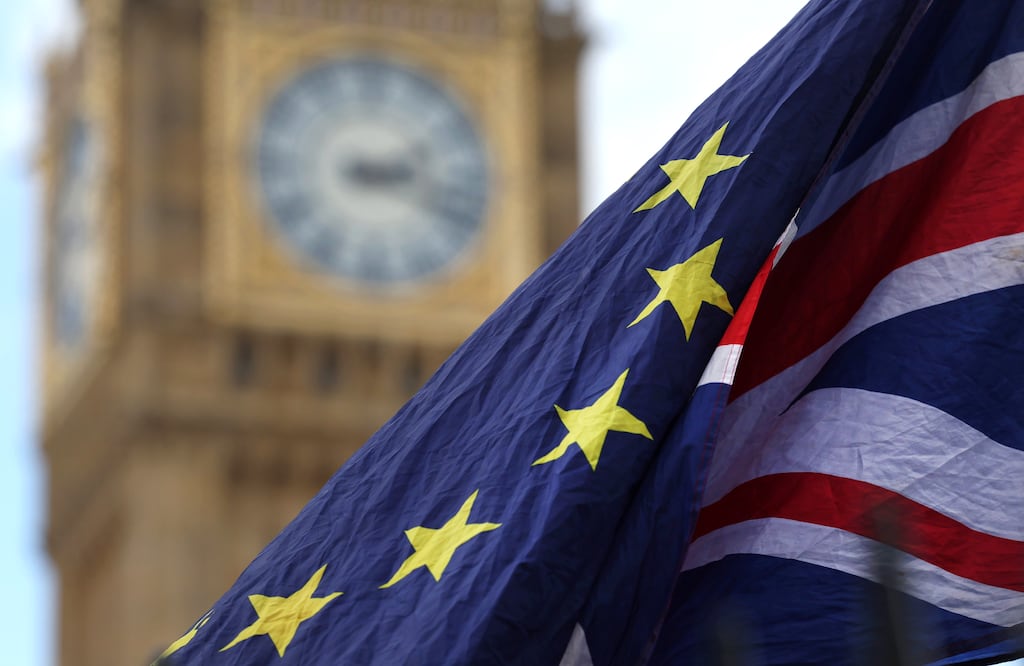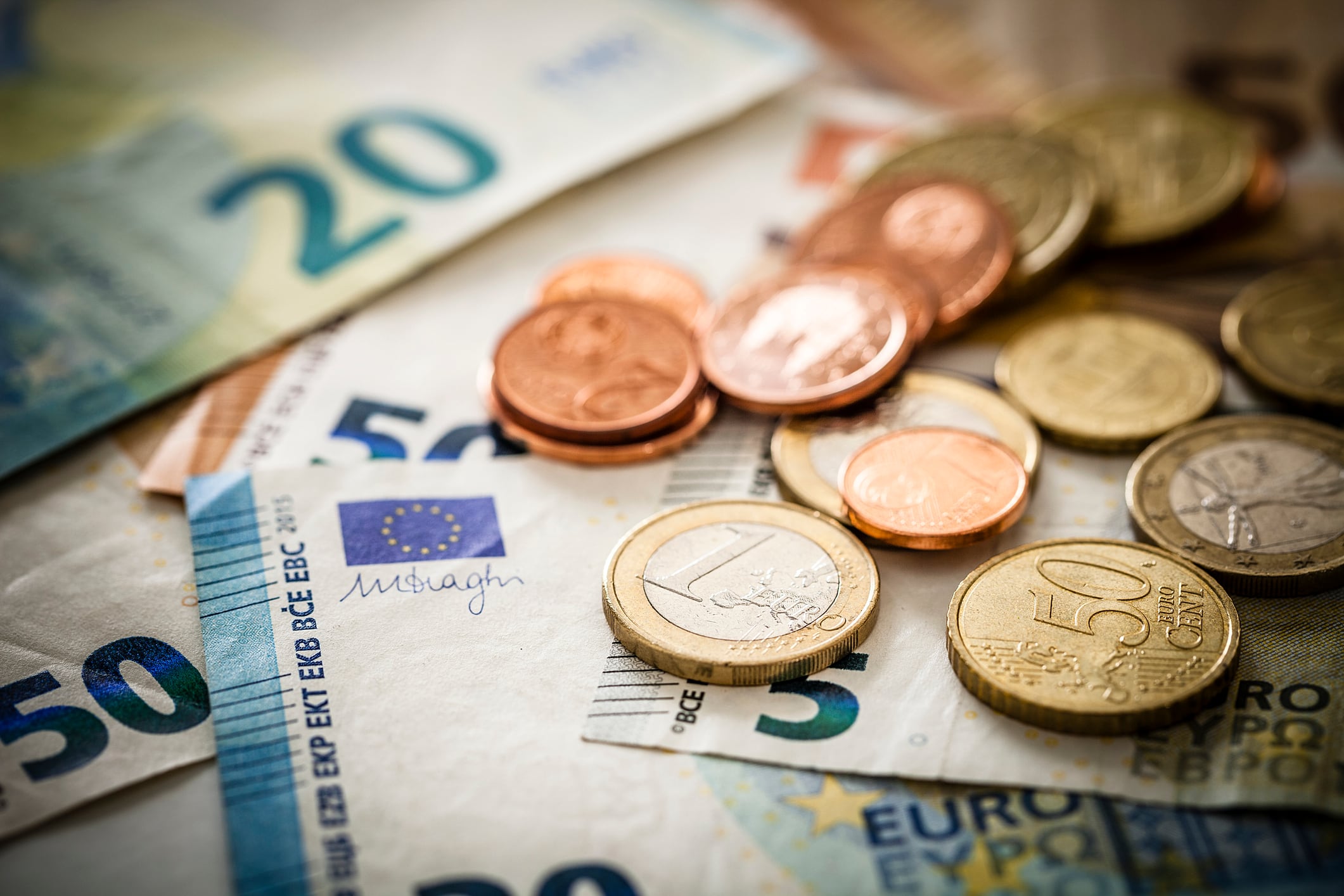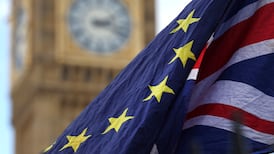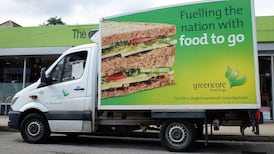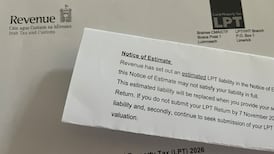The European Union (EU) is pressing the UK to pay into the EU budget for the first time since leaving the bloc in a demand that has engulfed the post-Brexit “reset” in a fresh round of diplomatic recrimination.
EU member states will on Friday discuss how they want London to contribute to the union’s regional levelling up funds as the price for dropping checks on animal and plant products and allowing cheaper energy trading, arguing that the UK should pay as Norway, Switzerland and other partners do.
“Third countries that want access to the EU internal market pay,” said an EU diplomat. “You can’t have the benefits of membership when you are not a member.”
READ MORE
The EU demands reflect the growing tension between the two sides just six months after UK prime minister Keir Starmer and European Commission president Ursula von der Leyen promised a “historic” reset of relations at a summit in Windsor.
EU diplomats have questioned the “good faith” of the UK as negotiations also stumble in other key areas, including how to deliver an agreement on a “youth experience scheme” to enable young people to work and travel.
EU diplomats say London is dragging its feet over the issue of youth mobility, which is a key demand from Brussels but has been contentious for the UK Government as it tries to reduce net migration.
[ Starmer’s new Brexit line: it’s a disaster – and Farage is to blameOpens in new window ]
The UK also agreed at the summit to “work towards” rejoining the EU’s Erasmus+ student exchange programme, but diplomats familiar with the talks said London was demanding a 50 per cent discount to participate.
“It has really pissed people off and raised questions about the UK’s good faith in participating in the entire process,” one said.
The UK has also argued the youth experience scheme should only be a “memorandum of understanding” (MoU) – as is the case with the UK’s other youth mobility deals – rather than a legal text appended to the existing EU-UK Trade and Cooperation Agreement.

Will Imagine’s big gamble double its customer base?
The UK’s approach runs counter to the EU’s negotiating mandate for youth mobility, which explicitly rules out what it calls “a ‘soft law’ instrument” like an MoU, instead demanding a “binding” formal international agreement.
Naomi Smith, chief executive of Best for Britain, a pro-EU lobby group, said that while tough negotiations were expected, both sides must stick to their clear commitments to reach a deal.
“It’s high time both sides delivered on the promises made at the summit in May, from defence to agri-food, but chiefly, by giving young people across the continent the unparalleled opportunities of living, studying and working across borders,” she added.
Other areas of the “reset” are also proving contentious, including a deal to re-link EU and UK energy markets and the UK’s participation in the EU’s €150 billion SAFE defence loan scheme.
The commission has demanded that London pay up to €6.5 billion to allow UK companies to benefit from the Security Action for Europe (SAFE) for joint defence projects – a possibility unlocked by the Defence and Security Pact agreed by both sides in May.
Under current rules, EU countries can spend up to 35 per cent of the money with UK companies. If the UK joined, this could rise to between 50 and 65 per cent, but it would have to pay €4 billion or €6.5 billion respectively, according to a commission proposal.
There would also be an “administration fee” of more than €150 million. “The financial contribution needs to reflect the benefits the UK gains from its participation,” said the commission.
France is pushing to limit the UK participation to 50 per cent while Germany is leading a group of states wanting a higher level, according to two other diplomats.
With a deadline of bids for projects to qualify for funding of November 30th, the UK risks missing out on the defence spending bonanza.
The UK is also looking to re-link with the bloc’s energy market, but Brussels is pressuring the UK to align with the bloc’s state aid regime and environmental directives, a move that diplomats in Brussels warned could be another major sticking point.
Demands that the UK accept EU rules on trading of emissions allowances “including relevant financial sector rules”, according to a draft negotiating mandate, will also probably be problematic for London.
Member state ambassadors will on Friday debate whether to link the budget contributions – which were not mentioned in the May framework – to the veterinary deal or just an energy agreement.
The tough negotiations echo some previous rounds of talks, according to the EU diplomat.
“The British are putting a lot of pressure on smaller member states,” they said. “But this is part of their negotiating tactics. They push hard close to the deadline, fight with their backs to the wall but then climb down.”
A Government spokesperson said: “We are working together with the EU to implement the package agreed at the UK-EU Summit. We will only agree deals that provide value to the UK and the UK industry.“Nothing has been agreed, and we will not give a running commentary on ongoing talks.”
The European Commission said: “At the summit the European Union and the United Kingdom marked the beginning of a new chapter in their relationship with agreements on a number of ambitious accords that will promote prosperity on both sides of the Channel and strengthen co-operation on common priorities.” – Copyright The Financial Times Limited 2025
